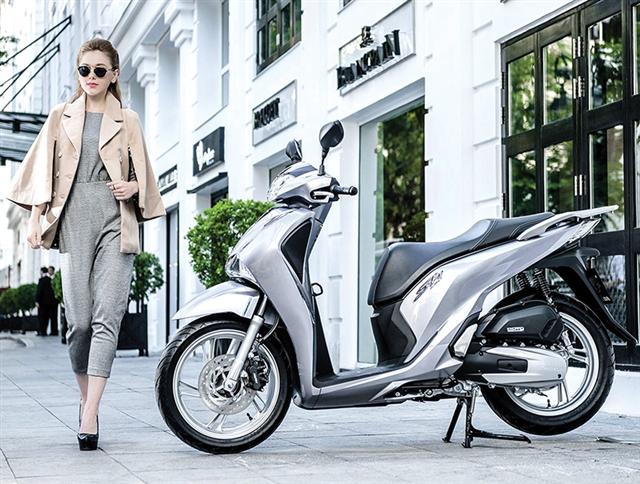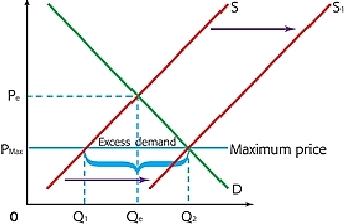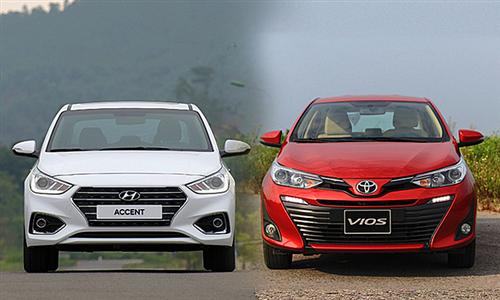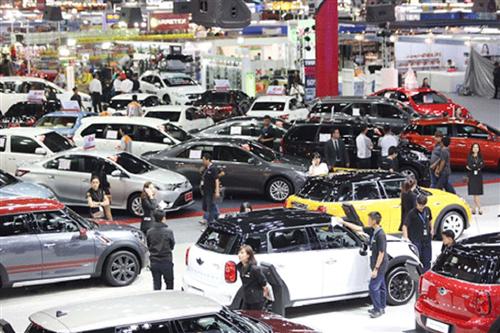Latest skirmish shows motorcycle rivalries
Latest skirmish shows motorcycle rivalries
Controversies between makers of traditional and electric motorbikes and scooters have again arisen after electric newcomer Pega used comparative marketing strategies to try and get the upper hand on Vietnam’s top motorbike producer, Honda.

Honda Vietnam is the country’s most-favoured producer of motorcycles and scooters, photo Le Toan
|
The country’s local motorbike giant, Honda Vietnam, recently required electric motorbike competitor Pega (formerly HKbike), to stop advertising its products by directly comparing them with the market leader’s models. Honda had also threatened to take Pega to court if it did not reply by February 19.
In response to Honda’s letter, Doan Ngoc Linh, CEO of Pega, said that there had been a misunderstanding and the launching ceremony was an internal event. Moreover, product comparisons would be nothing new and were global practice.
Linh did not offer any public apologies, but Pega later removed the livestream of the event on Facebook and confirmed there was no comparative advertisement of the two products left on any media channels.
Linh had compared his company’s new Pega eSH with Honda’s SH 2020 at a presentation on February 11, however, without any permission to use Honda’s images or product details. For instance, criteria such as safety, noise, and level of environmental pollution had been compared. The Honda SH scooter is available in two versions, 125i and 150i, and is considered the current king of high-end scooters in the Vietnamese market. Prices for Honda’s SH range from VND70 million ($3,000) to VND121 million ($5,260). Meanwhile, Pega’s electric eSH scooter was launched with the competitive price of VND30 million ($1,300).
“Pega’s actions have seriously violated the rights and legitimate interests of Honda Vietnam, adversely affecting the image and brand of the SH Mode. At the same time, the act of advertising the eSH Mode by directly comparing it with our SH vehicles violated the provisions of the current law,” said Honda Vietnam.
Honda Vietnam also demanded monetary compensation for the damage alongside the public apology and removal of the presentation from all of Pega’s media channels.
It is not the first case of a heated conflict between makers of conventional and electric motorbikes and scooters. Previously, Piaggio Vietnam accused Pega of spreading false information by comparing fuel-based products with the company’s own electric motorbikes.
Currently, Pega also features its Aura model which has a similar design to Vespa’s recent model. Founded in 2012, Pega is following a bold strategy by promising the defeat of petrol-based motorcycles in the next few years.
Electric two-wheelers, which include vehicles ranging from electric bicycles to electric scooters, are becoming increasingly popular and important forms of urban transport in Asian cities.
In Vietnam, the motorbike market is dominated by big players such as Honda, Yamaha, Piaggio, and Suzuki, but the market is slowly being shared with some new electric motorbike makers.
According to a report of the Vietnam Motorcycle Manufacturers Association, the total sales of motorcycles in 2019 of its members reached more than 3.2 million vehicles of all kinds. This figure decreased by 3.87 per cent compared to 2018.
Despite a weak first half, the market leader Honda Vietnam has been able to slam a new all-time sales record with 2.57 million sales, improving the gap over all others. Meantime, the top challenger Yamaha Vietnam has lost 19.7 per cent despite launching two new models.
“Switching from fuel-powered vehicles to electric ones is an undisputed must-do to tackle climate change and pollution,” according to a United Nations Industrial Development Organization report. “Recent developments all over the world in both developed and emerging markets show that the expanding field of e-mobility can lead to innovative technologies, new business models, and new consumer structures, and eventually to new patterns of mobility and traffic.”























